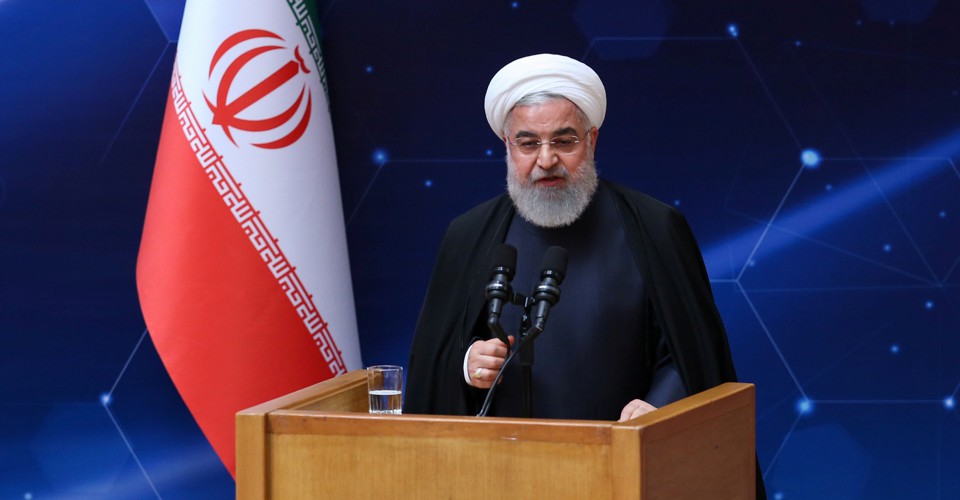
Trump’s Vanity and Cajoling
(South Korea) on 29 April 2019
by Editorial (link to original)
Former President George W. Bush didn’t treat Korea that badly either. In 2008, when the Library of Congress renamed Dok-do “the Liancourt Rocks”* and designated it as a neutral zone, Bush quietly took Korea’s side. It seemed like Japan’s efforts were futile. This was not facilitated by any pro-American stance by the Korean government at this time.
In fact, this was during the term of President Roh Moo-Hyun, who asked, “So what if we’re anti-American?” It was only possible to turn this around through painstaking diplomacy. The United States was so close to Japan that Bush flew the soon-to-retire Japanese prime minister, Junichiro Koizumi, out to Graceland on a private plane just to throw him a farewell party.
President Donald Trump’s philosophy of looking down on South Korea is a chronic disease that cannot be easily cured. Yesterday, he brought up Korea’s share of its defense costs again, saying that he “made them pay $500 million with one phone call.” This statement, which emerged from a meeting with Japanese Prime Minister Shinzo Abe, angered many Koreans. Any third party could reasonably wonder at how submissive Korea must be to hand over $500 million after one phone call.
This is not the first of Trump’s exaggerations. In a Cabinet meeting on Feb. 12, he said, “They [South Korea] agreed, at my request. And working with Secretary Pompeo and John Bolton, they agreed to pay, yesterday, $500 million more toward their defense.” In El Paso the day before, he said that “they [South Korea] were paying us a year… $500 million. I said, ‘You are about to do more. You have got to do more.’ Anyway now they are open to $900 million. That was in like two phone calls.”
On Feb. 3, during a CBS News interview, Trump said, “We have 40,000 troops in South Korea. It’s very expensive.” There are actually 28,500 troops. The president of the United States has trivialized his country’s alliance with South Korea to mere telephone deals. It has become business that can be conducted with just one phone call. Even so, we still keep our mouths shut. Even the act of making sure more news like this doesn’t get out is diplomacy.
*Editor’s note: The Liancourt Rocks is a group of small islets in the Sea of Japan, administered by South Korea; Japan also claims sovereignty over them.


